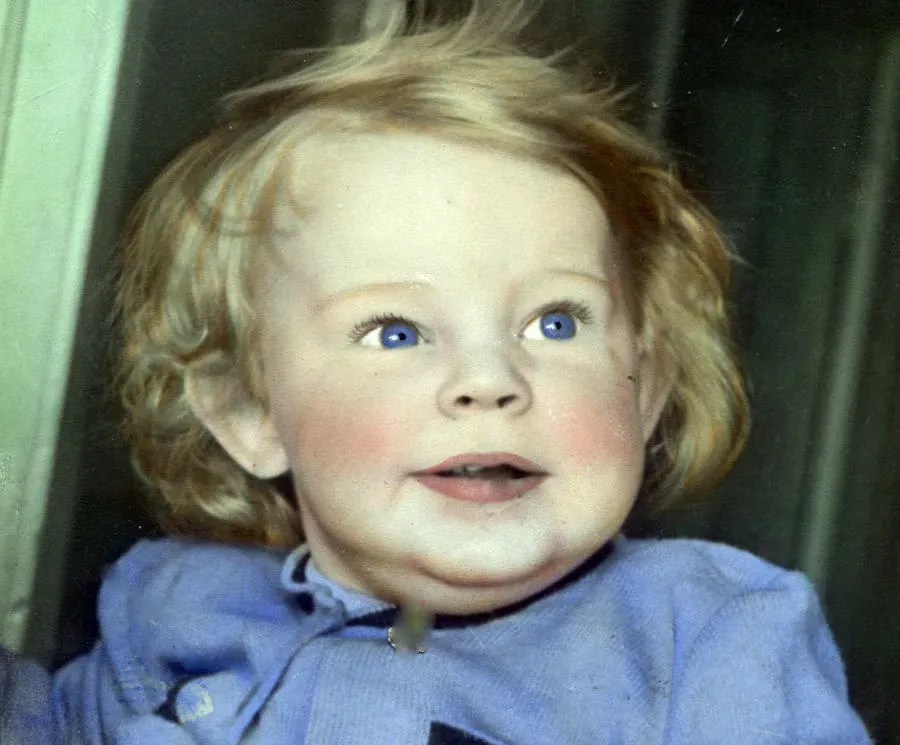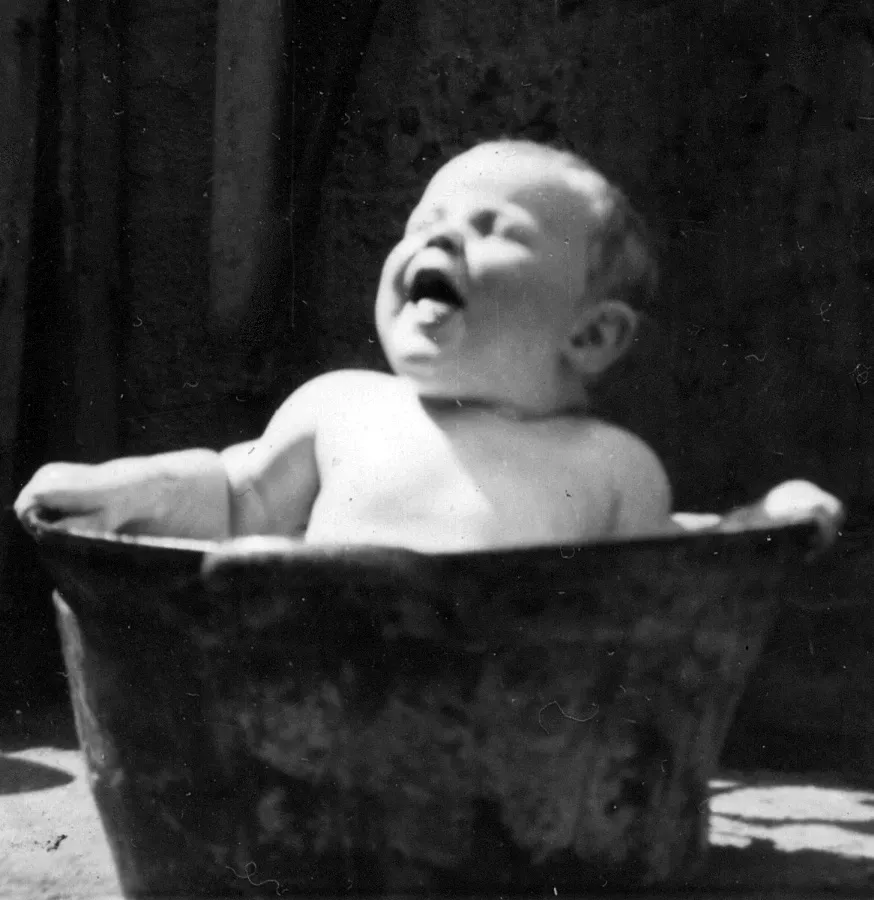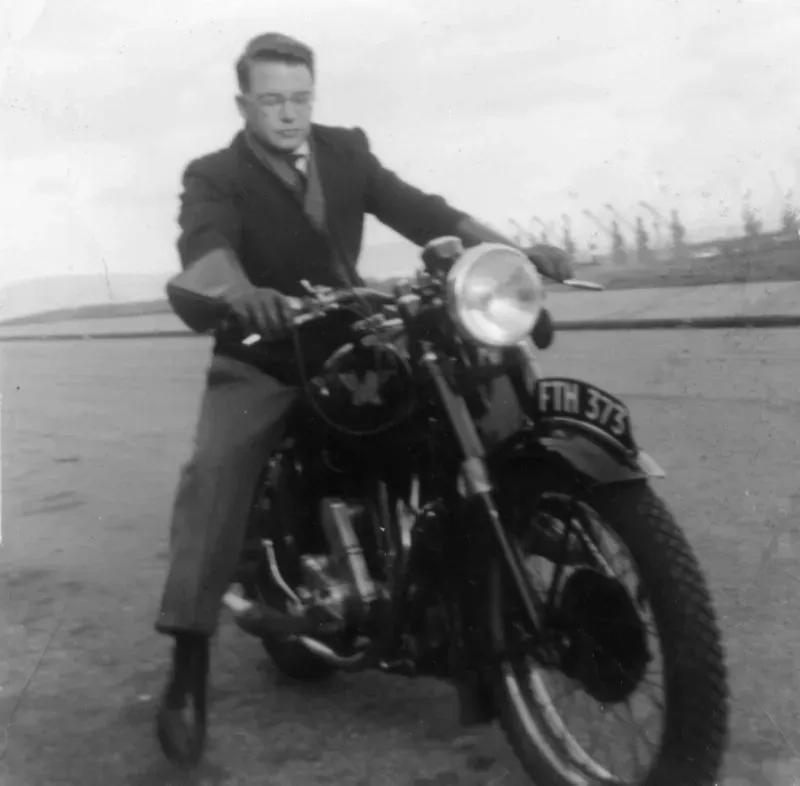14 Wern Fawr Road: Life in a 1950s Welsh household where memory shapes the truth

Memory and Muddles
When people write about their childhoods, it’s easy to assume everyone sees the past the same way. Memory is a shapeshifter. My brother remembers Grandpa Davies as a grumpy old fucker. I remember someone who sneaked me sweets when Nan wasn’t looking. Neither of us is wrong, and that’s why these stories matter.
The same event can feel warm to one person and chilling to another. So these are my memories, as I remember them, and I fully expect others to have their own version of the truth. That’s fine. Somewhere in the middle, it all adds up.
Early Days in Port Tennant
I have only happy memories of Port Tennant, where we lived with Nan and Grandpa Davies, Auntie Cynthia, and Uncle Teddy. The house on Wern Fawr Road seemed enormous through the eyes of a small child. We lived there until I was eight.
It had a bay-windowed parlour at the front, strictly off-limits to children. This was Nan’s sanctuary, where she kept her nice things: a small glass-fronted cabinet displaying her ornaments, a sofa and settee arranged around a coffee table (though we never drank coffee), and her special china, the good cups and saucers reserved for visitors. The room had a proper carpet and curtains, unlike the rest of the house. Only Auntie Cynthia was allowed in there to play the piano.
The middle of the house was a combined living and dining room where actual life happened. Part of the kitchen had a glass-roofed lean-to and there was a fireplace that heated water for the house. Each room had its own fireplace.The toilet was outside, so we had chamber pots under the beds for night-time emergencies. Upstairs, there was a bathroom and several bedrooms. The back garden was long, narrow, walled in, and perpetually muddy.
Living in that crowded house wasn’t easy for anyone, especially Cynthia. She was my mother’s older sister, a nurse with the air of someone not to be trifled with. She seemed perpetually angry and rarely spoke to us kids except to tell us off. Looking back, her resentment was probably justified. She found herself sharing an overcrowded, noisy house with five young children, stuck watching her younger sister’s chaotic life unfold around her. Mam had been pregnant at sixteen, married at seventeen, and had produced five kids by the age of twenty-three or twenty-four. Cynthia, not an attractive woman and still unmarried, must have watched this domestic circus with mixed feelings.

Mondays Meant Soup
We had our weekly baths on Sundays. The house had no central heating, and the kitchen fireplace was the only source of hot water. There was a bathroom upstairs, but when we were very young, we often used a zinc tub in the kitchen or outside during summer.
On Monday mornings, we’d find our clean clothes laid out on the fireguard, ready for school, nothing was ironed. Monday evenings were always soup nights, made from the bones of whatever meat we’d had for Sunday dinner. Usually chicken. The soup was thin and tasted like shit. I wish there’d been barley in it or lentils, or anything really, besides boiled bones and bits of carrot and potato. But this was how you made food stretch when money was tight.
For many years, right up until I joined the army, dinner was the midday meal and the evening meal was tea. To this day, the smell of soup still brings back Monday nights: cold, steamy-windowed, and oddly comforting despite everything.
Uncle Teddy

Uncle Teddy, Edward Davies, died in a motorbike accident in 1958. He was doing his National Service in the RAF and was either heading off on or returning from leave. My mother told me it happened at night. He had ridden into the back of a lorry that was being towed and had no rear lights. This was long before the advent of four-way-flashers.
I have only a hazy memory of him putting me in a laundry basket and pushing me around, which probably wasn’t Health & Safety approved, but I loved it.
I didn’t understand at the time that he’d died. But I do remember seeing my Nan standing at her bedroom window, looking out and quietly sobbing. I was four and distinctly remember being worried about her crying. I asked her what was wrong and she said nothing, just picked me up and held me while she continued sobbing. Only years later did I understand what that moment meant.
A Note About the Baby Photo
My mother told me that the photograph at the top of this page was taken by a door-to-door photographer, the kind who’d call round offering to take portraits of children or anything really. Apparently, I was filthy, so my mother quickly wrapped a blanket around my bottom half. It’s obvious the photographer used whatever tricks he had to give me rosier cheeks and bluer eyes. This was long before Photoshop, so fair play to him.
These fragments—the parlour’s forbidden carpet, the awful Monday soup, Nan’s tears—are all I had left of Wern Fawr Road. Or so I thought. It turns out, the more I remember, the more I remember.